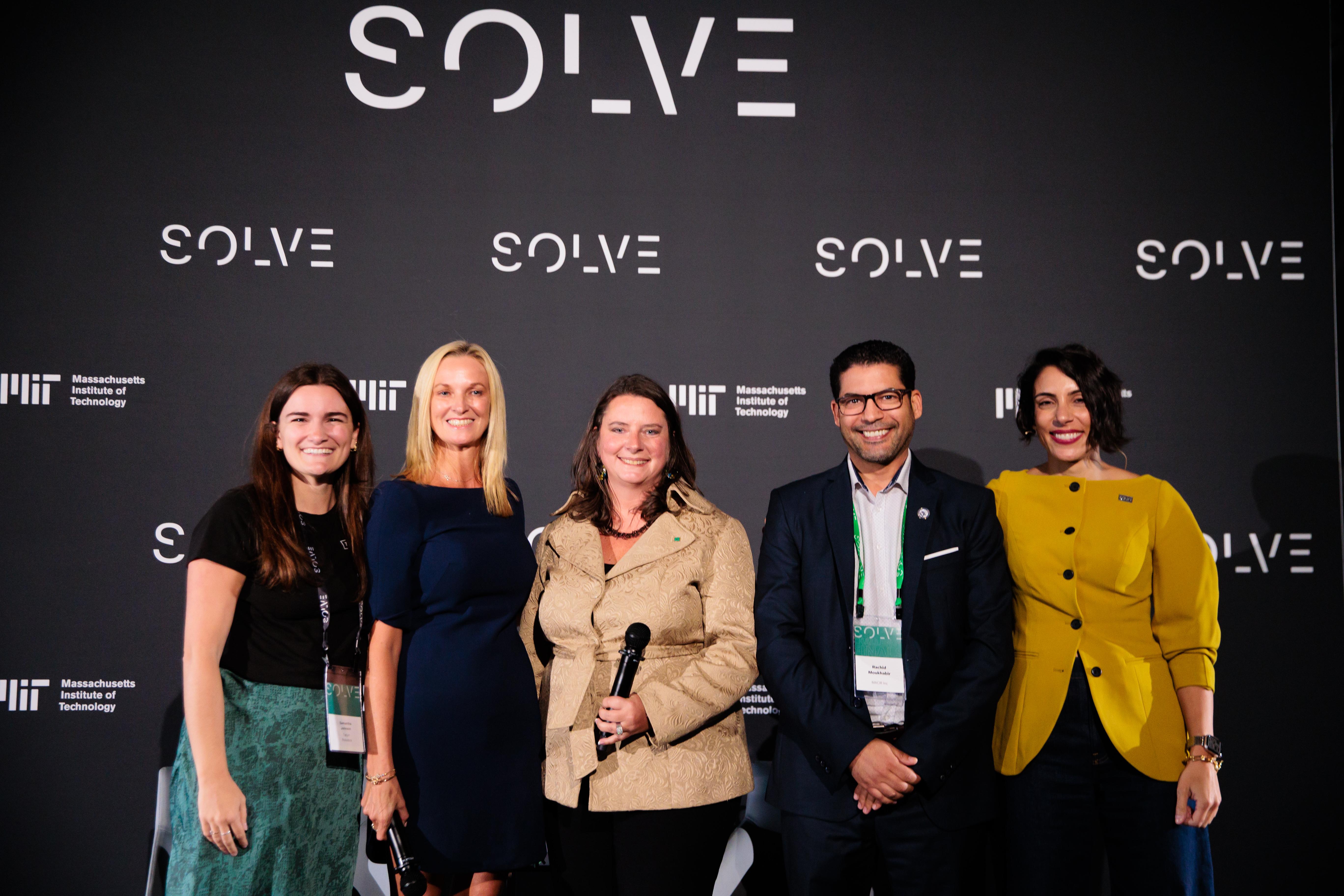
The Future of Work: Immigration and Human Capital
In a globalized world, it is natural and desirable for all resources to flow freely: capital, goods, technology, and people. While the benefits associated with open markets are proven, during times of change, it can be difficult to see beyond the immediate challenges that our communities face.
We see this tension today in the rise of protectionist and nationalist politics across the world—from Brexit in the UK, to continental Europe, and the United States, where a disturbing trend of blaming economic hardship on immigrants, particularly Latinos in the US case, seems to be growing.
Anti-immigrant arguments could not be more inaccurate—and are as harmful as they are without merit.
Just this May, the Centers for Disease Control and Prevention reported that US birth and fertility rates are their lowest in 30 years. Now more than ever, the US needs an inflow of labor—of human capital—and the growth, ideas, creation and productivity that it drives.
Consider that eight out fifteen US Nobel prize winners since 2016 are immigrants. At least 51 percent of US startups valued at a billion dollars or more were founded by at least one immigrant. Without open immigration policies, people like Sergey Brin, Elon Musk, and Garrett Camp would still have created Google, Tesla, SpaceX, and Uber, but they would not necessarily have based them in the United States.
Innovation catalyzed by visa-holders fuels new industries, jobs, and growth. Yet, people—the most valuable resource in our economies—do not have the freedom that capital, goods, and technology enjoy.
It is false that immigrants take jobs away from the US domestic workforce. It is exactly the opposite—Latino labor complements and adds value to that of other workers.
Take Alabama, Georgia, and California, where millions of acres are left idle and crops go unharvested due to labor shortages. More than 70 percent of the US agricultural workforce is from Mexico, much of it highly skilled. Think of the wine vineyards and avocado plantations of California. As Latino labor disappears, the United States’ $136.7 billion farming sector suffers.
For 50 years, the Baby Boomer generation drove workforce growth, but with their retirement, the number of working adults born to US parents will decline by more than 8 million by 2035. Future economic growth will depend entirely on immigrants, and the children of immigrants, to add 18 million new workers. Without this inflow of labor, the US faces catastrophic workforce decline.
The numbers speak for themselves. Young Latinos grew the US workforce by 70 percent between 2010 and 2015. US Latino households have $1.7 trillion spending power. Immigrants contribute more than $300 billion in tax dollars each year.
The nature of work itself is changing. Technologies are eliminating traditional jobs a rapid pace. Rather than succumbing to anti-immigration sentiment, we need to invest in opportunities that harness the world’s human capital. We need to invest in programs like MIT Solve’s Work of the Future initiative, so we can expand learning and leverage the global talent who will shape the future of work and solve the world’s most important challenges.
New technologies hold the promise of new jobs and industries we have yet to imagine. What is clear is that we must invest in innovation and the human capital that drives it, across borders.
Despite today’s headlines, the economies of Mexico and the United States are tied together. Mexico is the United States’ third largest trading partner. Our markets complement each other in their respective labor and capital. It is reckless to close our eyes to the advantages that our vicinity represents.
Protectionist policies—tariffs, trade wars, and closed borders—are enticing in the momentary and false comfort that they provide, but our future generations will bear the cost of prosperity lost.
The Latino community creates enormous value for US society, as consumers, workers, creators, and tax-payers. Soon the United States will have to entice foreign workers for its economy to grow. Far from excluding immigrants, the US should welcome the considerable wealth represented by the inflow of human capital.
(Image: Courtesy of Pixabay)
Tags:
- Economic Prosperity
Related articles
-
Workforce Development for the Future: A Q&A with Michelle Hecht, Executive Vice President, Head of Corporate Affairs, Citizens

-
Powered by Purpose: E Ink’s ePaper Technology Takes Aim at the World’s Toughest Problems
Because it draws power only when an image changes—and none at all while static—ePaper reduces energy consumption by orders of magnitude. That single breakthrough unlocks net-zero transit signs, off-grid medical notebooks, and other applications that traditional screens simply can’t power sustainably.
-
MIT Solve Launches $1.5M Global Search for Tech-Enabled Social Innovations
The world's leading social impact platform seeks tech innovators tackling global challenges in Climate, Health, Learning, Economic Prosperity, and Indigenous Communities